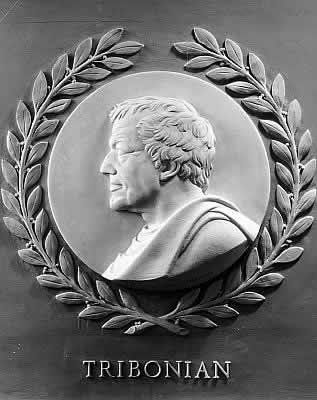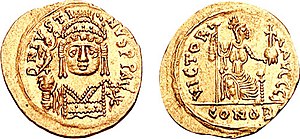The 690s decade ran from January 1, 690, to December 31, 699.
The 530s decade ran from January 1, 530, to December 31, 539.
The 500s decade ran from January 1, 500, to December 31, 509.
The 520s decade ran from January 1, 520, to December 31, 529.
The 540s decade ran from January 1, 540, to December 31, 549.
The 550s decade ran from January 1, 550, to December 31, 559.
The 560s decade ran from January 1, 560, to December 31, 569.
The 570s decade ran from January 1, 570, to December 31, 579.
The 580s decade ran from January 1, 580, to December 31, 589.
The 490s decade ran from January 1, 490, to December 31, 499.

Year 532 (DXXXII) was a leap year starting on Thursday of the Julian calendar. At the time, it was known as the Second year after the Consulship of Lampadius and Probus. The denomination 532 for this year has been used since the early medieval period, when the Anno Domini calendar era became the prevalent method in Europe for naming years.
Year 559 was a common year starting on Wednesday of the Julian calendar. The denomination 559 for this year has been used since the early medieval period, when the Anno Domini calendar era became the prevalent method in Europe for naming years.

Year 577 (DLXXVII) was a common year starting on Friday of the Julian calendar. The denomination 577 for this year has been used since early medieval times, when the Anno Domini calendar era became the prevalent method in Europe for naming years.

Year 588 (DLXXXVIII) was a leap year starting on Thursday of the Julian calendar. The denomination 588 for this year has been used since the early medieval period, when the Anno Domini calendar era became the prevalent method in Europe for naming years.

Year 530 (DXXX) was a common year starting on Tuesday of the Julian calendar. In the Roman Empire, it was known as the Year of the Consulship of Lampadius and Probus. The denomination 530 for this year has been used since the early medieval period, when the Anno Domini calendar era became the prevalent method in Europe for naming years.

Year 565 (DLXV) was a common year starting on Thursday of the Julian calendar. The denomination 565 for this year has been used since the early medieval period, when the Anno Domini calendar era became the prevalent method in Europe for naming years.
566 (DLXVI) was a common year starting on Friday of the Julian calendar. The denomination 566 for this year has been used since the early medieval period, when the Anno Domini calendar era became the prevalent method in Europe for naming years.
Year 569 (DLXIX) was a common year starting on Tuesday of the Julian calendar. The denomination 569 for this year has been used since the early medieval period, when the Anno Domini calendar era became the prevalent method in Europe for naming years.

Year 579 (DLXXIX) was a common year starting on Sunday of the Julian calendar. The denomination 579 for this year has been used since the early medieval period, when the Anno Domini calendar era became the prevalent method in Europe for naming years.

Year 582 (DLXXXII) was a common year starting on Thursday of the Julian calendar. The denomination 582 for this year has been used since the early medieval period, when the Anno Domini calendar era became the prevalent method in Europe for naming years.







